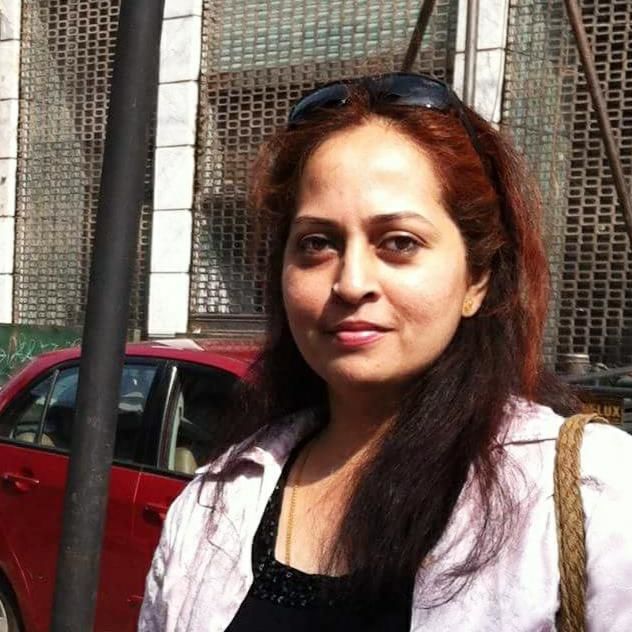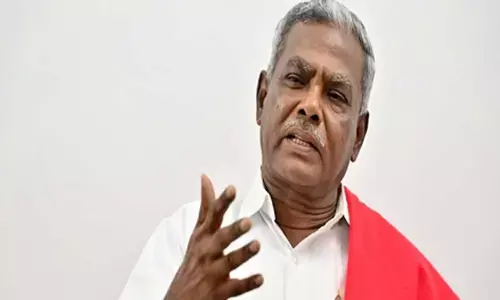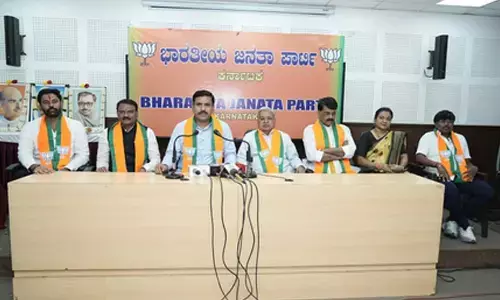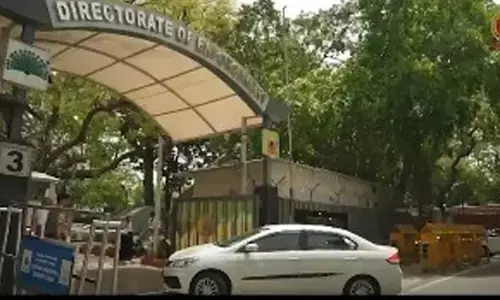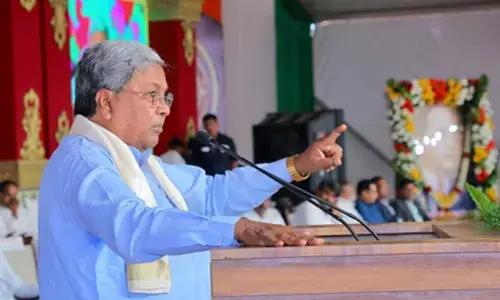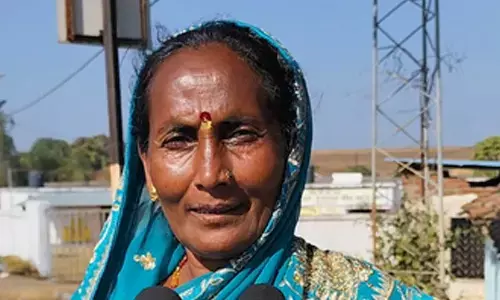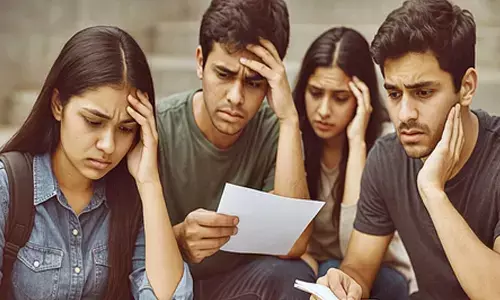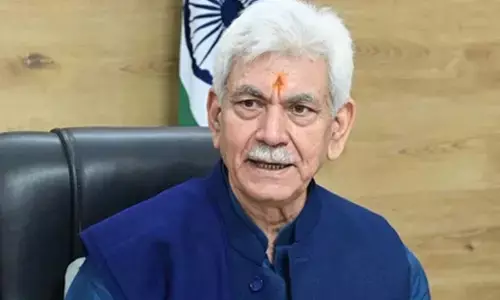Shortage of black fungus drugs continues in Vizag
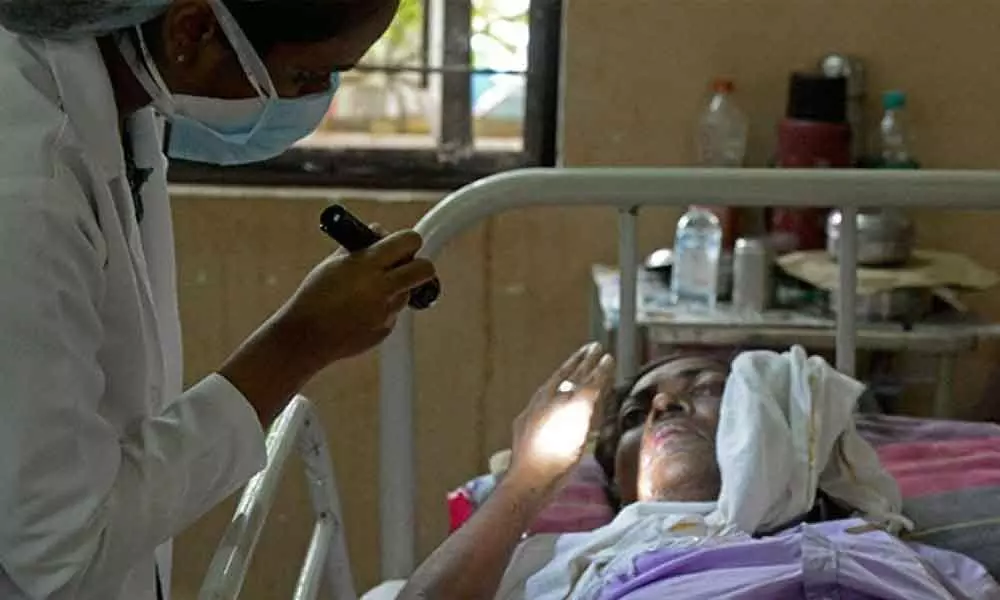
Shortage of black fungus drugs continues in Vizag
- There is acute scarcity of first line drugs to treat mucormycosis in Vizag
- Health officials say only 10% of infected people are getting first line drugs like Amphotericin-B while the rest are treated with alternative ones
- Recovery rate in Visakhapatnam is 90%
Visakhapatnam: Although the recovery rate of black fungus (mucormycosis) in Visakhapatnam is 90 per cent, shortage of drugs to treat the fungal infection is causing a grave concern. The anti-fungal injection Amphotericin-B used to treat mucormycosis along with other drugs is inadequate to treat patients suffering from the fungal infection.
Apart from the government-run King George Hospital (KGH), there are five private hospitals treating mucormycosis patients in Visakhapatnam. Currently, mucormycosis cases have crossed 200 in the district and 186 patients are getting treated in various hospitals. Of them, 17 persons succumbed to the fungal infection.
At a time when coronavirus cases were soaring, there was a huge demand for Remdesivir injections. Likewise, the demand for anti-fungal drugs such as Amphotericin-B, among others, is soaring in the district. "Since Amphotericin-B is not available at the moment, the second line drug Posaconazole injection and tablets are used to treat mucormycosis patients.
There are three drugs to treat black fungus, Liposomal Amphotericin-B, Posaconazole and Isavuconazole. While Amphotericin-B is the first line drug, the other two are the second line drugs. At present, only Posaconazole is available. There is an inadequacy in the supply of drugs," explains P V Sudhakar, district covid special officer and principal of Andhra Medical College.
Health officials say that only 10 per cent of the mucormycosis patients receive first line drugs, while the rest are treated with alternate drugs.
Dr. Reddy's Laboratories Ltd at Pydibheemavaram will next be supplying the first line drug. But the arrival of its first batch is likely to take another 20 days after wrapping up the laboratory trials.
Sharing details of the survival rate in the district, Dr Sudhakar says, "The recovery process is largely dependent on the person's immune system.
Extent of the infection and other factors too play a role. As cancer patients are administered with immunosuppressants, they are more susceptible to black fungus. Studies indicate that there is a chance of 60 per cent mortality among them in case they get affected by mucormycosis."
Along with cancer patients, the invasive fungal infection affects Covid-recovered patients.
Constant monitoring of symptoms such as single-sided facial pain, numbness or swelling, discoloration over bridge of nose, toothache and blurred vision and approaching the doctor as soon as one identifies any of these signs will go a long way in placing a check on the fungal infection.
As the critical antifungal drug is in acute shortage in Visakhapatnam and patients are getting treated with alternative drugs, there is a need to keep a close tab on the sale of drugs entering the black market.

